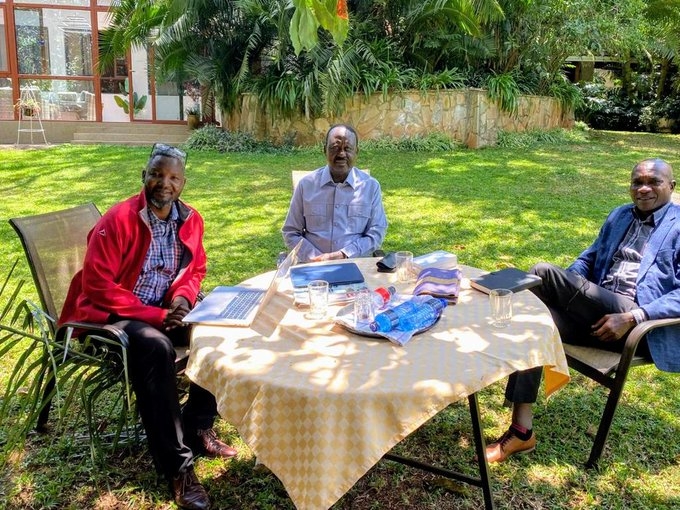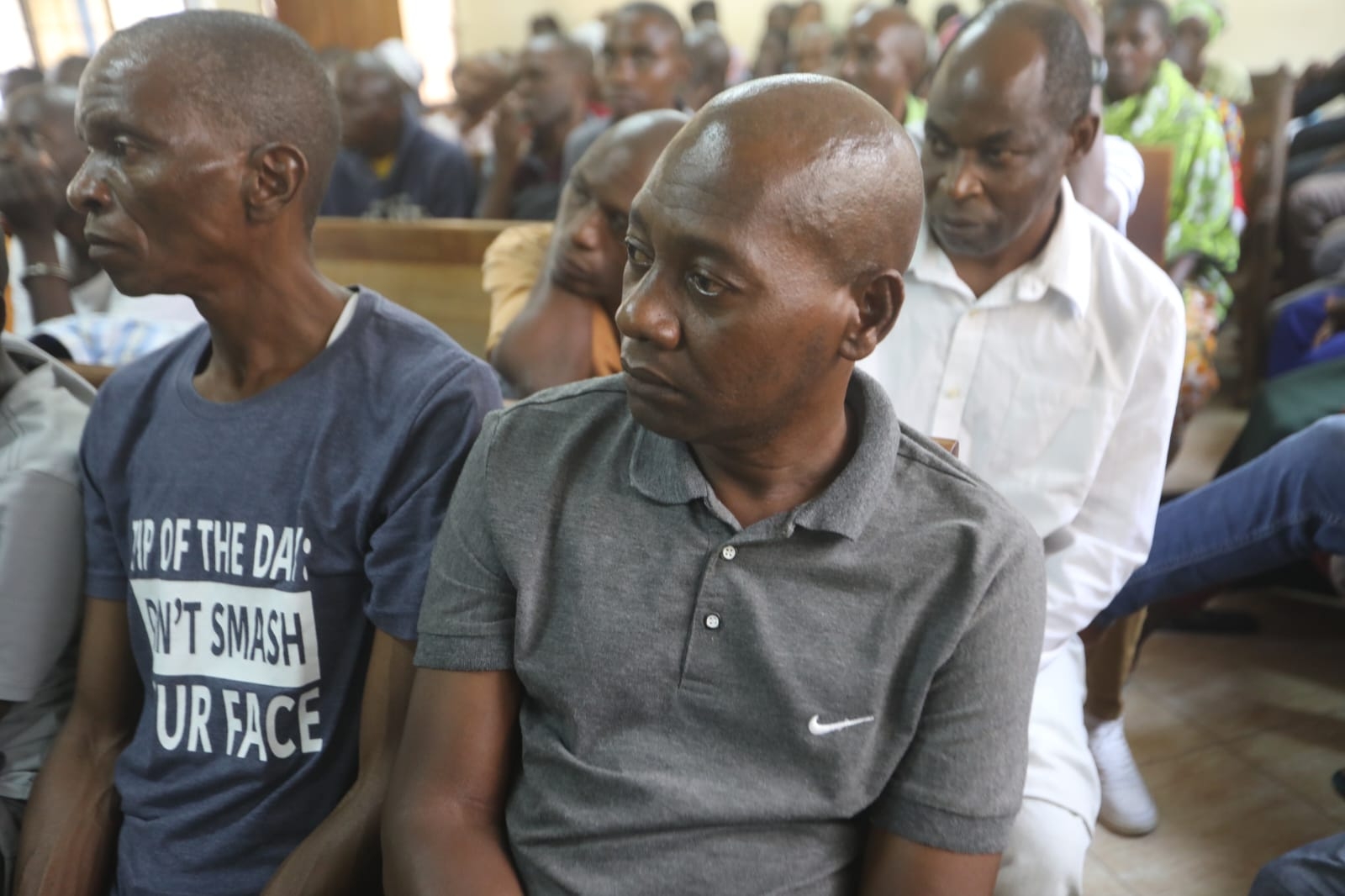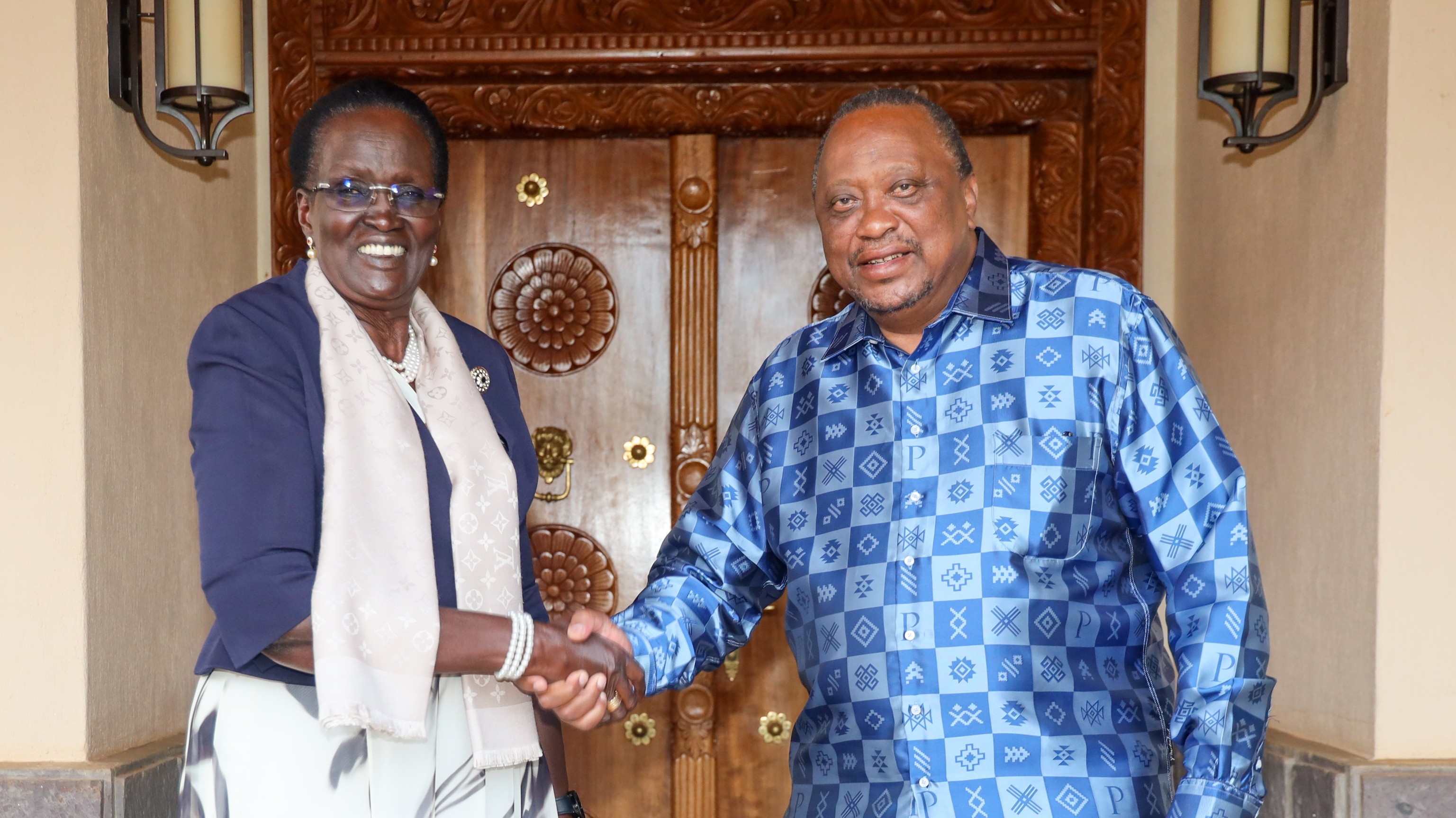A group of women with disabilities in Bombolulu, Nyali Subcounty are burning the midnight oil sewing reusable sanitary pads.
The aim is to retain young girls from vulnerable families in school.
They have called on the government to procure reusable sanitary pads to distribute to vulnerable girls in hard-to-reach areas as they are the panacea of period poverty.
Tunaweza Persons with Disabilities (PWD) Community Based Organisation (CBO) was founded in 2000 by women with disabilities to provide a platform for them to discuss their issues.
The CBO comprises women with physical disabilities, albinism, and cerebral palsy.
“Women with disabilities were very much vulnerable in the community and had no way to be heard or seen,” the CBO Director Charity Chahasi said.
The CBO works with more than 100 groups of disabilities in Mombasa. The group mainly focuses on economic empowerment activities.
“We want PWDs to be empowered, self-reliant and earn a living through the production of their products but not to be dependent or beggars in the streets,” Chahasi said.
The group aims to ensure girls use hygienic products during their periods to avoid using old rags and pieces of mattresses or engage in sexual activities and early marriages for pads.
The group is also advocating for the use of reusable pads as they are environmentally friendly and relatively cheap.
“During floods or windy days the other pads would be found at your doorstep and littering everywhere. We decided to make these pads to ensure our environment is clean,” she said.
The women use local materials like kitenge, a liner of cotton and flexible plastic.
The reusable sanitary pads come in different kits; one with two liners and one wing, four liners and two wings, five liners and two wings and eight liners and two wings. The price ranges from Sh250 to Sh800.
“The pads have a wing made in a way that it doesn’t soil the underpants of a girl. The blood is soaked in a liner that is pure cotton.
"We have a small baby material which is plastic that is put in the wing to prevent the blood from getting into the panty,” Chahasi said.
She said the reusable sanitary pads are comfortable and cost-effective since they can be used for up to three years.
The reusable sanitary pad is said to be healthy and hygienic for a girl because once used it can be washed and dried in the sun.
The group has done a follow-up on the reusable pads to customers who have attested it to be effective.
Through well-wishers, the group has distributed the pads in Samburu and Tana River counties benefitting 16,000 girls.
They have also supplied 1000 pads in Tanzania, 500 to India, and 500 to the Netherlands.
“They have helped to retain girls in schools. When we are distributing we teach the girls how they use the pads,” Chahasi said.












